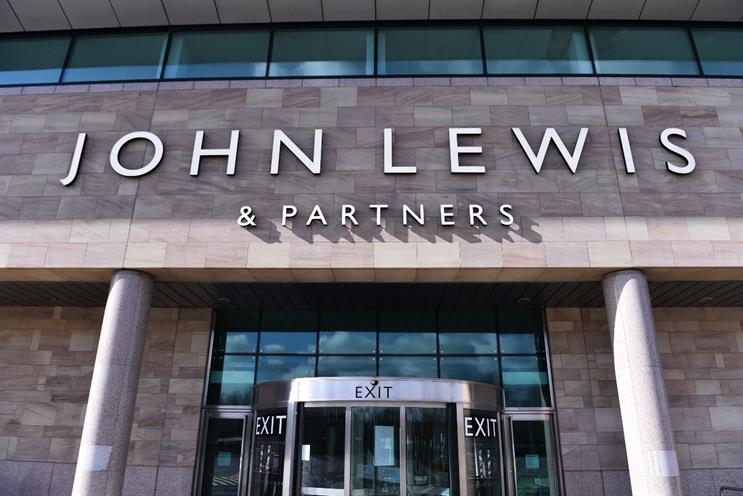
The John Lewis Partnership has said it remains “cautiously optimistic”, as its half-year results show younger audiences and narrower losses.
This year, the Partnership, which includes the John Lewis and Waitrose brands, revealed a loss before tax of £29m, a stark improvement on last year, which saw a loss before tax of £635m.
The slimmer losses come at the cost of over 5,000 jobs lost since the start of the pandemic and the closure of eight John Lewis stores.
However, the company deemed the results “encouraging progress” for the first year of its five-year Partnership Plan, which aims to achieve yearly profits of £400m.
Speaking at the John Lewis Partnership Results 2021, executives revealed there had been a 6% increase in sales across brands, with the Waitrose and Deliveroo partnership generating £1m a week and potentially reaching 13 million people. In particular, the partnership is attracting a newer and “younger mix” of customers.
Speaking to ±±ľ©Čüłµpk10, James Bailey, executive director at Waitrose, spoke about the future of marketing toward younger demographics. He said: “Behind the scenes, we will begin to shift towards targeted marketing. We’ve got a much clearer customer strategy now and we know who our customers are. So behind the scenes, we might switch to more of that alongside the above-the-line marketing.”
Pippa Wicks, executive director of John Lewis, also expressed that the John Lewis Anyday brand, which offers household items at an “entry-level” price point, was doing “phenomenally well” among new customers. In the first 16 weeks, there were approximately 750,000 buyers of the Anyday range, with 25% of customers being new to purchasing from John Lewis.
Nina Bhatia, executive director of strategy and commercial development at John Lewis Partnership, also highlighted a “huge uptick” in students buying from the Anyday range.
Bhatia said: “I think if you look back at the from the first half, what you see is diversity and families living in different ways in their homes. For all of our advertising going forwards, it will all be orientated around families, which include adults and young people.”



.jpg)
.jpeg)
